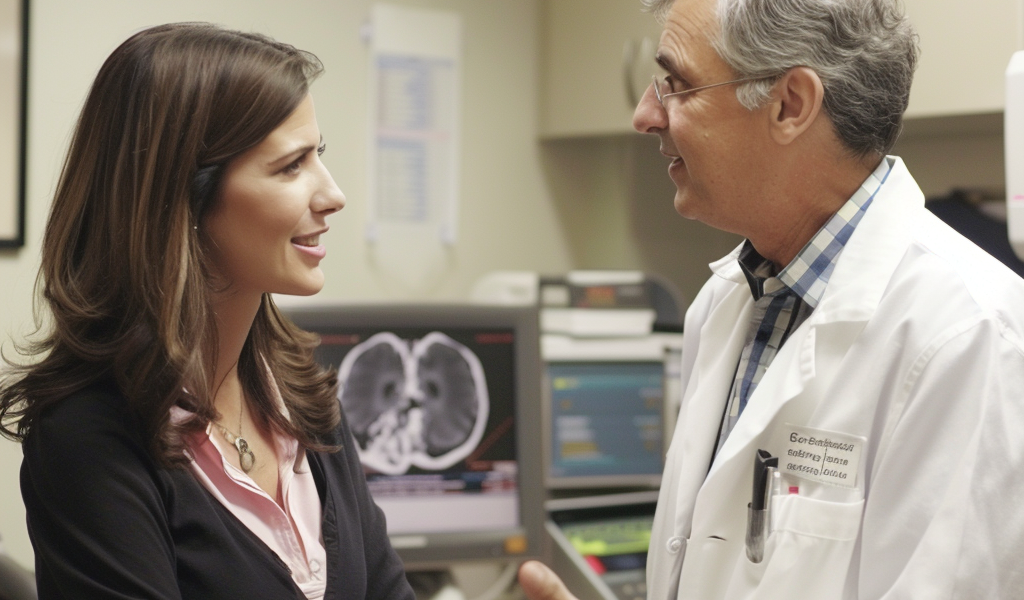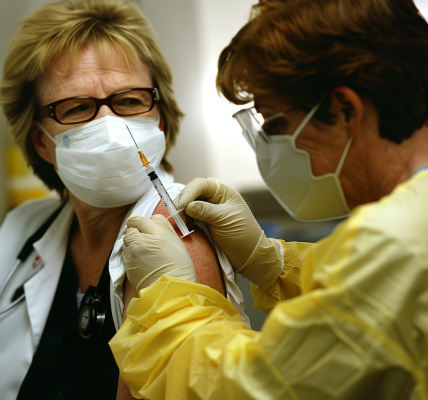Radiologists are in a unique position to assist patients in quitting smoking, potentially leading to a significant increase in successful smoking cessation efforts. Recent studies have shown that providing onsite smoking cessation support during CT lung cancer screening appointments can greatly impact patients’ willingness to kick the habit.
Research published in Current Problems in Diagnostic Radiology revealed that a brief 10-minute consultation with a radiologist discussing CT findings resulted in nearly 90% of patients feeling more motivated to quit smoking and continue with annual screenings. This highlights the pivotal role radiologists can play in encouraging smoking cessation among patients.
Another study involving over 2,000 active smokers offered additional support during their appointments reported that almost 90% of individuals accepted the assistance. Follow-up data indicated that many of those who received support remained smoke-free four weeks after their screening, with consistent results across various demographics.
Notably, individuals with a higher dependence on nicotine were more likely to accept additional support, although they also faced greater challenges in the quitting process. The findings underscore the importance of tailored smoking cessation programs to address the needs of different patient groups.
The European Respiratory Journal published the new research, emphasizing the significance of dedicated funding to provide smoking cessation support to smokers. Professor Rachael Murray from the University of Nottingham stressed the potential of integrating stop smoking support into national lung cancer screening programs to reduce smoking-related morbidity and mortality.
While the study was conducted in Europe, its implications are relevant globally, including in the United States, where approximately 30 million individuals are still actively smoking. Despite the eligibility of millions for CT lung cancer screening in the U.S., uptake rates remain low, with a significant portion failing to undergo the recommended annual exam.
Low-dose CT lung cancer screening presents a valuable opportunity for early detection and intervention, and by incorporating smoking cessation support into these screenings, healthcare providers can further contribute to reducing smoking-related health risks and improving patient outcomes.





